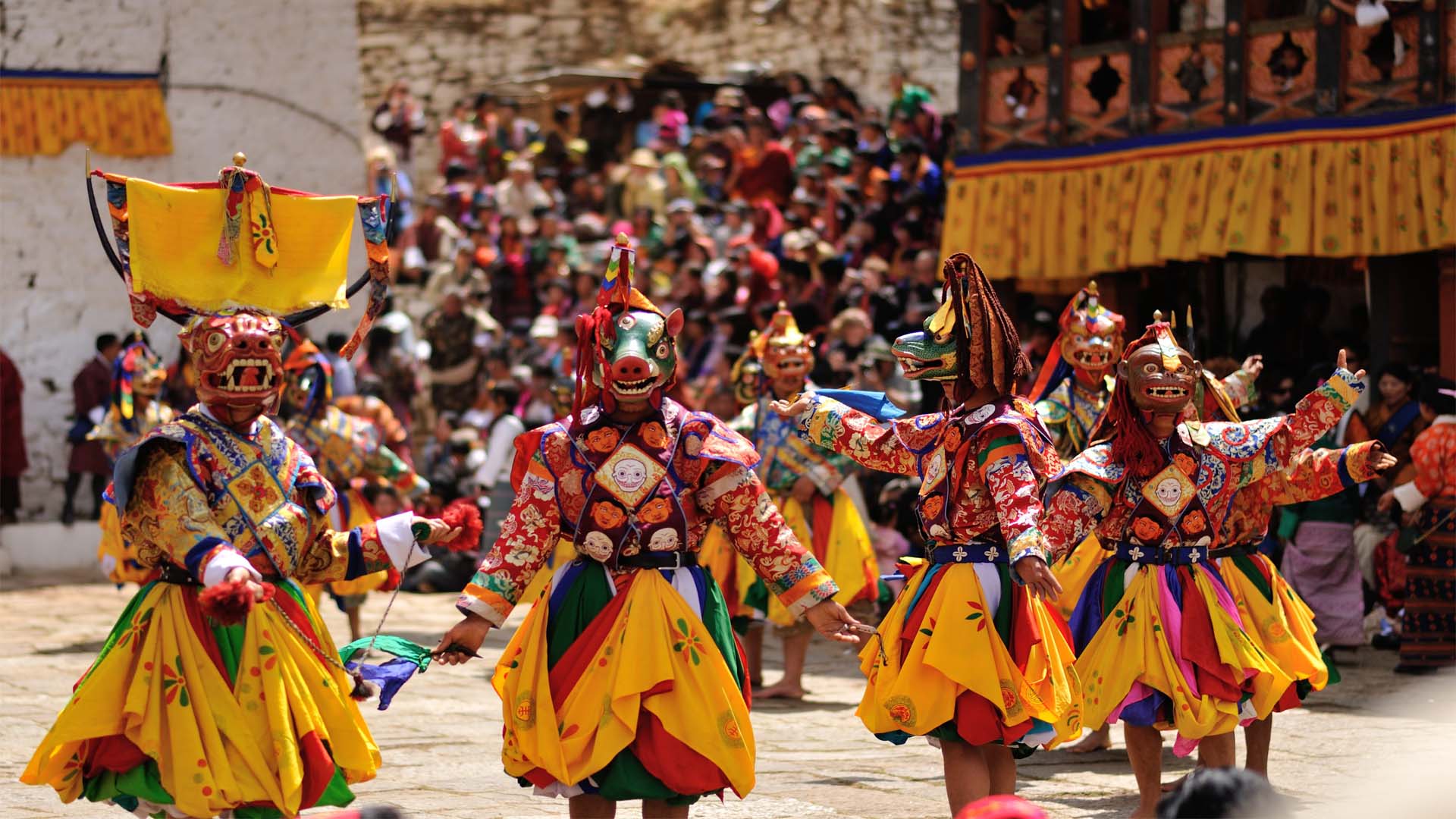Starting from Individual Achievements and International Festivities: The Range of Festivation
Festivation is a distinct and vibrant concept that bridges personal milestones with the diverse fabric of global cultures. At its heart, festivation honors the individual journey through events that commemorate significant moments, whether they be anniversaries, marriages, or local festivals showcasing cultural heritage. These occasions not only bring individuals and families together but also cultivate a sense of community and belonging, reflecting the values and traditions of the cultures they originate from.
As we explore the phenomenon of festivation, we will discover how festivals serve as a platform for cultural expression. From ancient rituals that celebrate the seasons to contemporary celebrations like music and arts festivals, each event conveys its own significance and narrative. These gatherings evoke joy, unity, and a deeper appreciation for the diversity that exists in our world, showcasing the intricate ways in which culture influences our lives and communities.
The Significance of Personal Milestones in Cultural Settings
Milestones serve as important markers in an and individual’s life, often celebrated in ways that reflect the values and customs of their culture. From naming ceremonies to graduations and marriages, each celebration is infused with meaning and traditions that connect the individual to the collective. In many cultures, these occasions bring together loved ones, strengthening connections and creating communal experiences. The methods in which these events are celebrated are diverse, showcasing the variety of cultural manifestations and the value of tradition.

In different cultures, the transition from childhood to grown-up life is marked by elaborate ceremonies that indicate growth and maturity. These observances, such as sweet sixteen parties, stress the meaning of growing up. They not only emphasize personal success but also strengthen the community's influence in guiding the younger generation. Through these celebrations, principles are transmitted, and cultural belief systems is strengthened, embedding the personal journey within a broader framework.
The celebration of personal milestones often goes further than the single participant to encompass common themes such as caring, loss, and achievement, connecting with people across various traditions. These celebrations provide an platform for narrative sharing, where traditions are transferred through ages, expanding cultural heritage. As participants share their experiences and recognize their achievements, they contribute to a common narrative of events that celebrates both private experiences and traditions, illustrating how festivity can link individual success with wider cultural meanings.
Honoring Cultural Diversity: The Role of Cultural Festivals in Society
Festivals serve as vibrant reflections of the diverse cultures that populate our global community. They provide an opening for groups to unite, showcasing their unique traditions, art forms, and values. By taking part in festivals, individuals encounter the diversity of cultural artistic expressions that may differ vastly from their own, fostering a greater understanding and appreciation for different ways of life. This sharing of concepts and practices during festivals encourages dialogue and builds relationships between different communities.
Additionally, festivals play a crucial role in preserving cultural. https://festivation.com/ are grounded in historical customs, rituals, and practices that have been transmitted through times. By honoring these events, communities not only acknowledge their heritage but also engage younger generations in their cultural legacy. This link to the past helps solidify a identity of belonging within the community, making festivals a vital part of cultural continuity and resilience in a rapidly changing world.
To sum up, festivals contribute significantly to social cohesion. They create an accessible environment where people from different backgrounds can come together, share stories, and build new relationships. This sense of belonging can enhance community spirit, breaking down boundaries and promoting togetherness. The collaborative nature of festival planning and execution encourages teamwork and a common goal, fostering a stronger sense of community which is essential for social unity and progress.
Worldwide Festivals: Uniting Cultures and Communities
Festivals serve as dynamic platforms where diverse cultures meet, highlighting the specialness of customs and traditions. These events often cross geographical boundaries, allowing participants from different backgrounds to partake in the excitement and experiences of others. As people gather to partake in different festival activities, they encourage respect for varied cultural legacies, ultimately improving their own lives.
In many situations, global festivals observe universal themes, such as love, harvest, or neighborhood bonding, which resonate across cultures. Events like the Rio Carnival or Deepavali are not just local celebrations; they draw worldwide attention and involvement, showcasing the link of humanity. This multicultural interaction fortifies ties between groups, encouraging discussion and partnership that can result in lasting relationships.
Moreover, worldwide festivals have the potential to promote cultural change and cultural preservation. They often empower to marginalized communities, allowing them to share their narratives on a larger scale. This interaction of perspectives and creativity can ignite movements that advocate for cultural respect and appreciation, ultimately resulting in a more welcoming and unified world. Through festival activity, individuals can link on a more meaningful level, honoring diversity while finding common ground in the midst of their differences.